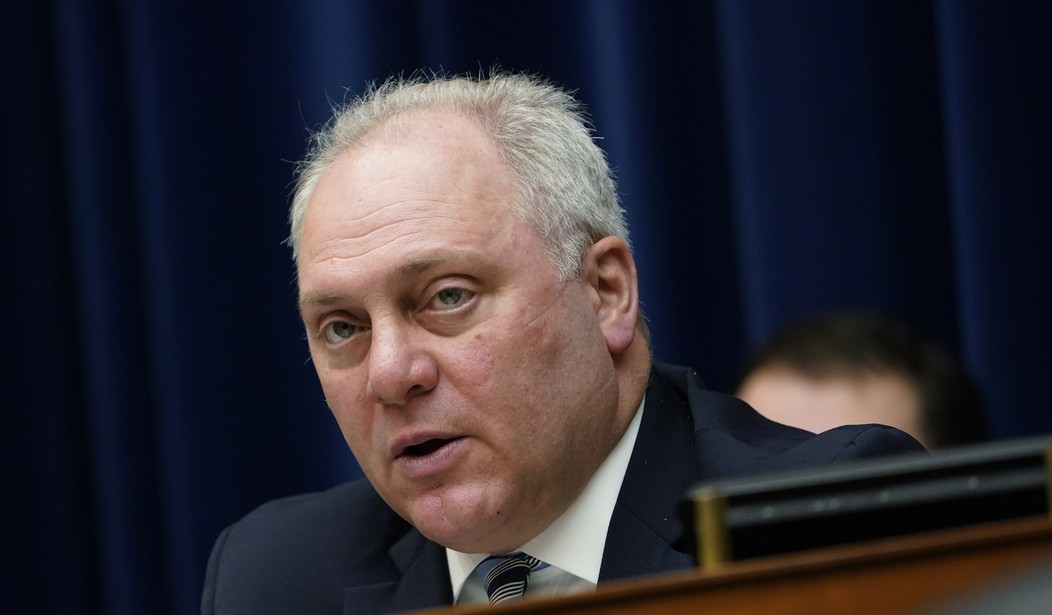The votes are in, and it appears Rep. Steve Scalise (R-LA) will be the new GOP nominee for Speaker of the House by a count of 113 to 99. The news comes one week after former Speaker Kevin McCarthy (R-CA) was ousted due to an effort led by Rep. Matt Gaetz (R-FL) and a group of eight Republicans and Democrats in the lower chamber.
Scalise faced competition from Rep. Jim Jordan (R-OH), who is favored by members of the conservative base. The vote totals were close, but Scalise managed to eke out the victory:
Rep. Steve Scalise came out on top as House Republicans met Wednesday to pick their nominee for Speaker.
The conference was closely divided between the House majority leader from Louisiana and and House Judiciary Committee Chairman Jim Jordan (R-Ohio). Indeed the final vote was close — a win by 14 votes.
The vote came after Republicans killed a proposal to change the nominating process that was intended to avoid a messy floor fight.
House Republicans voted in a closed-door meeting. They were not allowed to have their cell phones with them. Jordan and Scalise made their case to their colleagues, and both picked up endorsements.
A full House vote for speaker could come as soon as later in the day. The House is split 221-212, giving Republicans little room to maneuver.
In their closed-door meeting, Republicans first blocked a proposal from GOP Reps. Chip Roy of Texas and Brian Fitzpatrick of Pennsylvania that would have required the winning candidate to secure 217 votes—the number needed to get elected on the House floor—rather than simply have the most votes of any candidate. Allies of Scalise had been lobbying against the rules change, which was dismissed in a 135-88 vote, according to a congressional aide.
With the Speaker seat vacant, the House has not been able to vote on any legislation. Now, it seems the lower chamber is one step closer to having the position filled.
The next step will be a full House vote on who will be the next lawmaker to hold the gavel. Predictably, Democrats have backed Rep. Hakeem Jeffries (D-NY) for speaker. But this is a moot point since Democrats do not have enough votes for Jeffries to win the race. For all intents and purposes, it appears Scalise will be the next Speaker of the House.
This development comes during a period of upheaval in the Republican Party. The effort to remove McCarthy was opposed by the vast majority of Republicans in Congress. Polling showed that most Republican voters did not favor ousting the former Speaker.
Nevertheless, Gaetz and his coalition won the day, which has brought the party to this point. The conflict highlights the ongoing debate between the conservative and moderate pragmatic wings of the party. Scalise might be seen as a figure who can appeal to both sides and get them on board with pursuing Republicans’ agenda.
As the dust from this most recent clash begins to settle, the party’s focus could either shift to presenting a united front against the Democrats, or the internal squabbling could render House Republicans impotent when it comes to enacting a conservative agenda. Either way, once Scalise takes the gavel, all eyes will be on him.












Join the conversation as a VIP Member